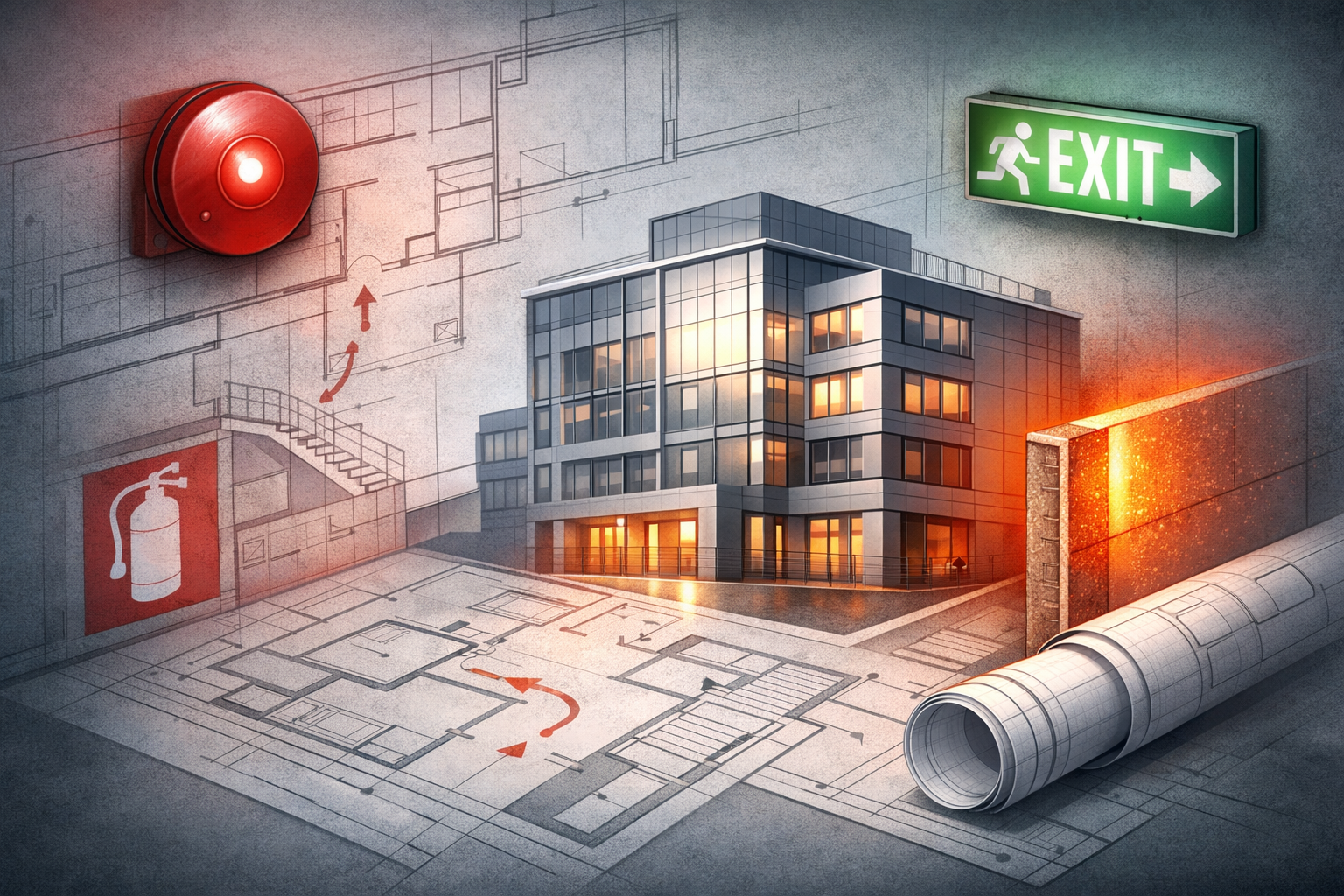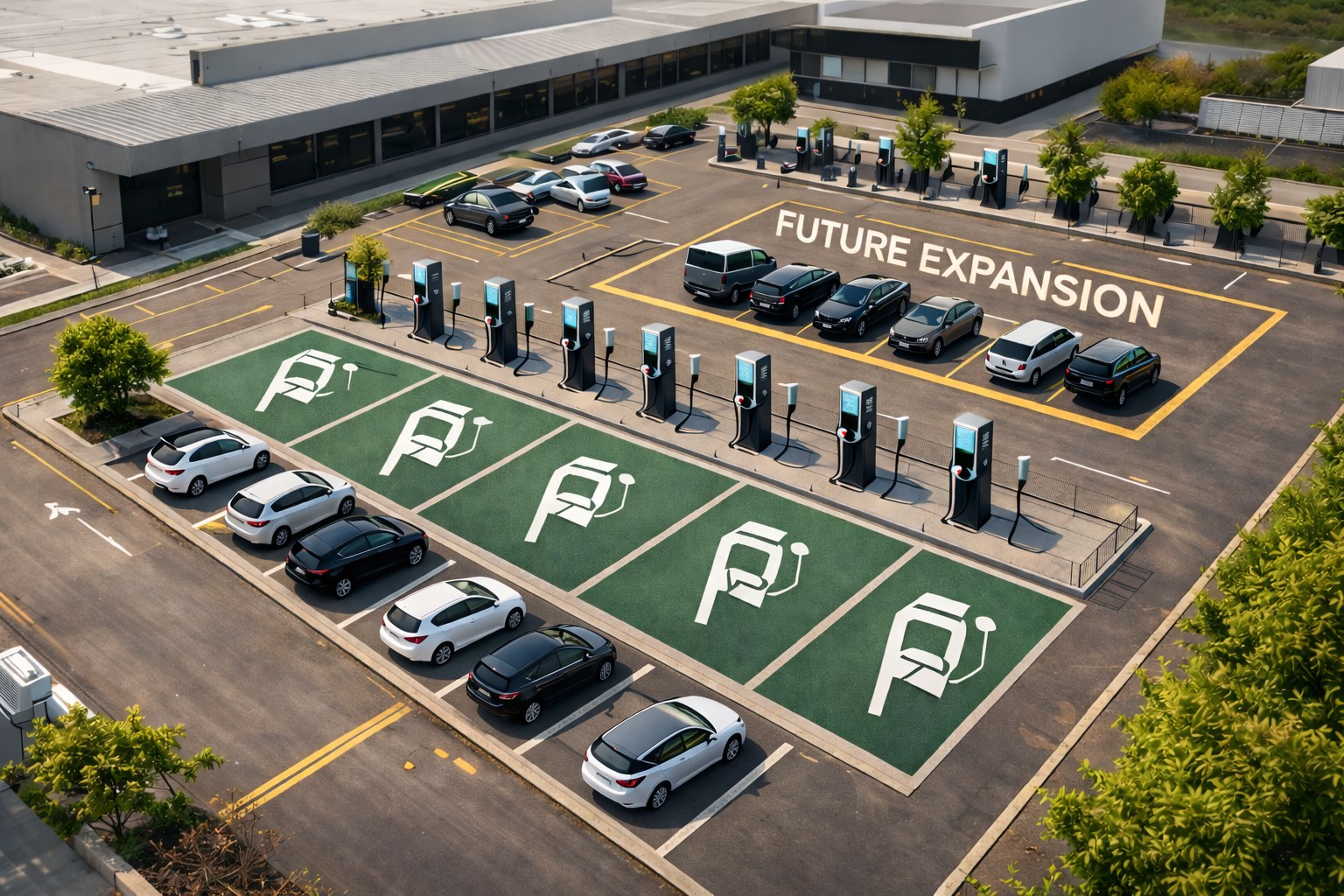In recent years, the HVAC (heating, ventilation, and air conditioning) industry has seen a significant shift towards smarter, more sustainable technologies. With rising concerns about energy efficiency, carbon emissions, and the long-term impact of climate change, both consumers and businesses are seeking HVAC systems that not only provide comfort but also help reduce their environmental footprint. As we look to the future, it’s clear that innovation in HVAC is driving towards smarter solutions that blend technology with sustainability.
The Rise of Smart HVAC Systems
One of the most exciting advancements in the HVAC industry is the emergence of smart HVAC systems. These systems incorporate cutting-edge technology, allowing homeowners and businesses to control and monitor their HVAC units remotely through apps or smart home hubs. This technological leap provides users with greater control over their heating and cooling needs, ensuring comfort while optimising energy use.
Smart thermostats, for example, are already revolutionising HVAC maintenance and usage. These devices can learn user preferences, adjust temperatures accordingly, and even suggest ways to reduce energy consumption. For HVAC contractors, this means offering more tailored HVAC installation and service options, as these systems often require specific expertise in both hardware and software integration.

The Role of HVAC Contractors in the Future
As HVAC systems become more advanced, the role of the HVAC contractor will continue to evolve. No longer will it be enough to simply offer HVAC installation or standard HVAC maintenance. Contractors will need to stay updated with the latest technological advancements to ensure they can install and maintain these more complex systems.
Moreover, HVAC contractors will need to prioritise energy efficiency and sustainability in their offerings. Many countries, including the UK, are implementing stricter regulations on energy consumption and emissions. HVAC contractors who can offer eco-friendly HVAC systems and energy-saving solutions will be at the forefront of this growing demand. In fact, ensuring that HVAC units are energy-efficient could soon become a legal requirement, and customers will increasingly rely on contractors to guide them through these changes.
Sustainability and Energy Efficiency
A key trend in the future of HVAC is sustainability. Energy-efficient HVAC systems are no longer a luxury but a necessity for both commercial and residential buildings. With governments pushing for net-zero carbon targets, sustainable HVAC units are becoming essential. These systems are designed to minimise energy consumption while maximising performance, reducing the environmental impact of heating and cooling.
Sustainable HVAC units utilise advanced technologies like variable refrigerant flow (VRF) and geothermal heating, which not only reduce energy costs but also ensure long-term reliability. VRF systems, for instance, can adjust the flow of refrigerant based on individual room needs, offering a more customised and efficient solution. Similarly, geothermal heating systems use the earth's natural energy to heat or cool spaces, significantly reducing reliance on fossil fuels.

Smart HVAC Systems and IoT Integration
The Internet of Things (IoT) is already having a significant impact on various industries, and HVAC is no exception. By integrating IoT into HVAC systems, users can monitor and control their units from anywhere, at any time. IoT sensors can also track air quality, humidity levels, and system performance, sending real-time updates and alerts to users and HVAC contractors when maintenance is required.
This proactive approach to HVAC maintenance can help prevent costly breakdowns and extend the life of HVAC units. HVAC contractors can offer ongoing monitoring services, ensuring that potential issues are addressed before they become major problems. This shift from reactive to proactive maintenance is set to become a standard offering in the HVAC service industry.

Renewable Energy and HVAC
Another exciting development in the HVAC industry is the increased focus on renewable energy sources. Solar-powered HVAC units, for example, are gaining popularity, especially in commercial buildings and larger residential projects. By integrating renewable energy, these systems reduce dependence on traditional electricity sources, lowering both energy bills and carbon emissions.
Heat pumps, which use renewable energy to provide both heating and cooling, are another key technology for the future of HVAC. These systems can be powered by solar panels or wind energy, further enhancing their sustainability credentials. As more businesses and homeowners move towards renewable energy, the demand for HVAC contractors who can install and service these innovative systems will grow.
Challenges and Opportunities for the HVAC Industry
While the future of HVAC systems is undoubtedly exciting, there are also challenges to overcome. The initial cost of smart and sustainable HVAC units can be higher than traditional systems, which may deter some consumers from making the switch. However, with rising energy costs and increased government incentives for sustainable solutions, the long-term savings often outweigh the upfront investment.
For HVAC contractors, the need for ongoing training and adaptation to new technologies will be crucial. As HVAC units become more complex, contractors must keep up with these changes to remain competitive in the market. Additionally, contractors who embrace sustainability and smart solutions will find themselves at the forefront of a growing industry, as consumers and businesses alike prioritise eco-friendly and efficient HVAC systems.

Shaping the Future with Smarter HVAC Solutions
The future of HVAC systems lies in the balance between smart technology and sustainability. As the demand for energy-efficient, eco-friendly HVAC units grows, HVAC contractors must adapt to meet these needs. From smart thermostats and IoT integration to renewable energy solutions, the HVAC industry is on the brink of a major transformation.
For businesses and homeowners, investing in these advanced HVAC systems offers a way to reduce costs, improve comfort, and minimise environmental impact. By staying ahead of these trends, HVAC contractors can play a key role in shaping a smarter, more sustainable future for heating and cooling.
Contact Highland Services today to learn how we can help with your HVAC installation, maintenance, and service needs. Whether you're looking to upgrade to a smart HVAC system or want to explore more sustainable options, our expert team is here to guide you every step of the way.




.png)